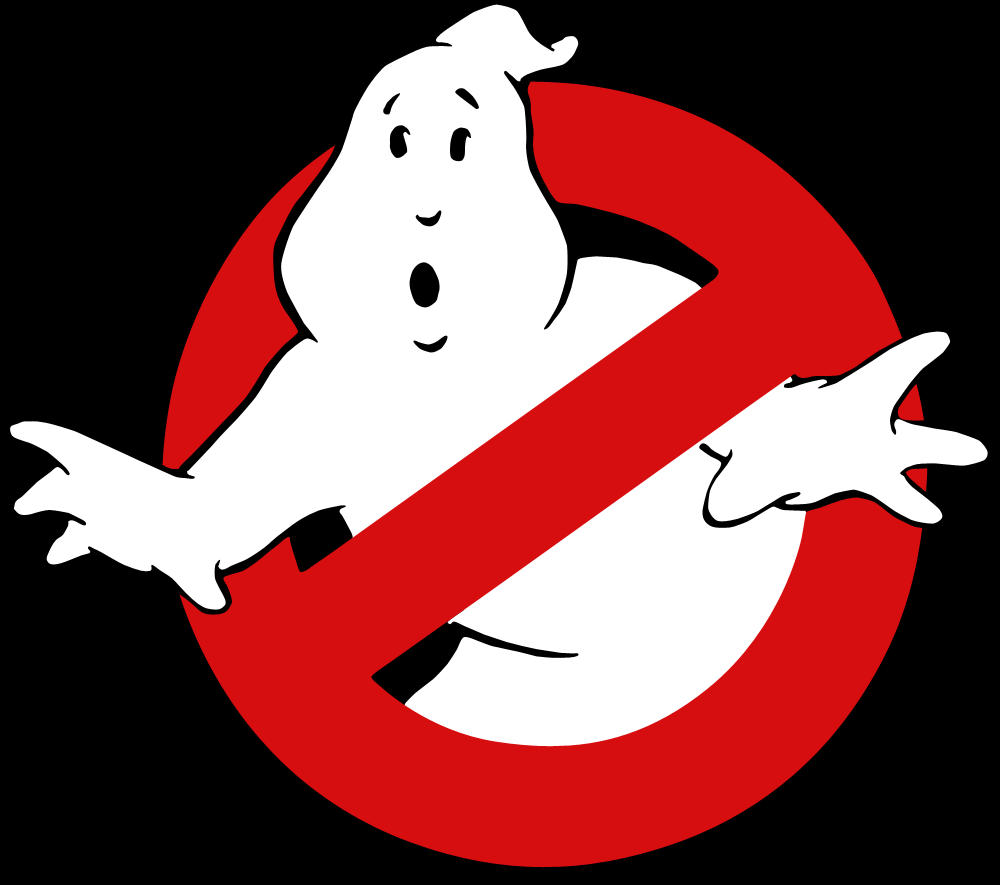Warning labels are a lousy risk management strategy, but the outbreak of listeria in Canada which has killed at least 12 and sickened dozens has had lots of lousy aspects. So why not?
A story that is running across Canada this morning says,
With pregnant women and the elderly especially at risk from Listeria, the Canadian Food Inspection Agency needs to step up efforts to alert people to the hazard — perhaps going so far as to put warning labels on deli products — said University of Guelph adjunct professor Doug Powell.
Outbreaks of food and water-borne illness are far too common. The World Health Organization estimates that up to 30 per cent of people in so-called developed countries will suffer each and every year. That’s a lot of sick people.
But the current listeria outbreak turns statistics into stories, and challenges a company like Maple Leaf, with world-class aspirations, to do better.
The first case of listeriosis apparently surfaced in late June. Why it took the various health authorities so long to make a link remains to be uncovered.
For now, the Canadian Food Inspection Agency, Health Canada and others are providing little in the way of details regarding who knew what when.
The authorities are, however, proving unjustifiably adept at praising themselves for the speed with which they responded to the outbreak.
Two months after the first case is not an early-warning system. The political barbs that have been tossed around – which provide no insight on managing listeria – are simply embarrassing given the loss of life and illness.
McCain and Maple Leaf are better than this, and can be better:
• Issue pictures of the recalled products:
Telling people to look for products that contain the stamp "Establishment (EST) 97B" puts too much of a burden on people who just wanted to go shopping, not do homework. The U.S. Food and Drug Administration realized this, and last year started including pictures on their recall notices for products deemed to be high health risks.
Pictures aren’t superficial, they are good communication. It’s difficult for even PhD-types to wade through nine pages of recalled products, and pictures can make the connection for those who don’t always know what brands they buy.
• Warn pregnant women and others at risk from listeria in deli meats:
My wife is six months pregnant and she hasn’t had deli meats or smoked salmon or other refrigerated, ready-to-eat foods for six months.
That’s because, as Michael McCain says, the bacterium listeria is fairly much everywhere, difficult to control, and grows in the refrigerator. It also causes stillbirths in pregnant women, who are about 20 times more likely to contract the bug than other adults.
The banter in Canada about government or industry taking the lead on food inspection, whether food should be produced in large or small places, is misguided at best and more likely, political opportunism.
Long before the current outbreak, the advice from the Canadian government about listeria was mushy:
"Although the risk of listeriosis associated with foods from deli counters, such as sliced packaged meat and poultry products, is relatively low, pregnant women and immunosuppressed persons may choose to avoid these foods."
The advice from the U.S. Centers for Disease Control is clear: Do not eat hot dogs, luncheon meats, or deli meats, unless they are reheated.
It has been documented that many pregnant women are not aware of the risks associated with consuming refrigerated, ready-to-eat foods like cold cuts.
Don’t expect the bureaucrats in the Canadian government to do anything. If Michael McCain and Maple Leaf are truly concerned with public health, they could at a minimum put warning labels on their products. Maybe near the "(EST) 97B."
• Make your listeria data public:
Maple Leaf Foods spokesperson Linda Smith told CTV Newsnet Friday, officials at the plant are "… constantly looking for it (listeria), constantly swabbing and looking for it."
Smith said the equipment at the plant is sanitized every day and officials take about 3,000 swabs per year. The plant also has a microbiologist on site.
"This plant has an excellent food safety record, excellent inspection record, excellent external auditors. We’ll never know exactly how it got here."
But you do have 3,000 samples per year. If Maple Leaf really wants to restore public confidence, release the listeria data. How many positives does the Toronto plant see in a year? Were there positives leading up to the initial Aug. 17 recall? If there were no positives, why not? What is the protocol when a positive is discovered?
Consumers can handle more, not less information about the food they eat.
Maple Leaf Foods has the unfortunate opportunity to set new standards for consumer confidence.
 And it looks like the company wants to address one of the tough issues by releasing data from its microbiological testing.
And it looks like the company wants to address one of the tough issues by releasing data from its microbiological testing.

 What? Guess that was some stretch at Canadian content. I’m an associate professor of food safety at Kansas State University. If I’m adjunct at Guelph, I want access to all the money that was provided to deliver news and is instead being used as some sort of room renovation fund by a department chair I never met.
What? Guess that was some stretch at Canadian content. I’m an associate professor of food safety at Kansas State University. If I’m adjunct at Guelph, I want access to all the money that was provided to deliver news and is instead being used as some sort of room renovation fund by a department chair I never met.